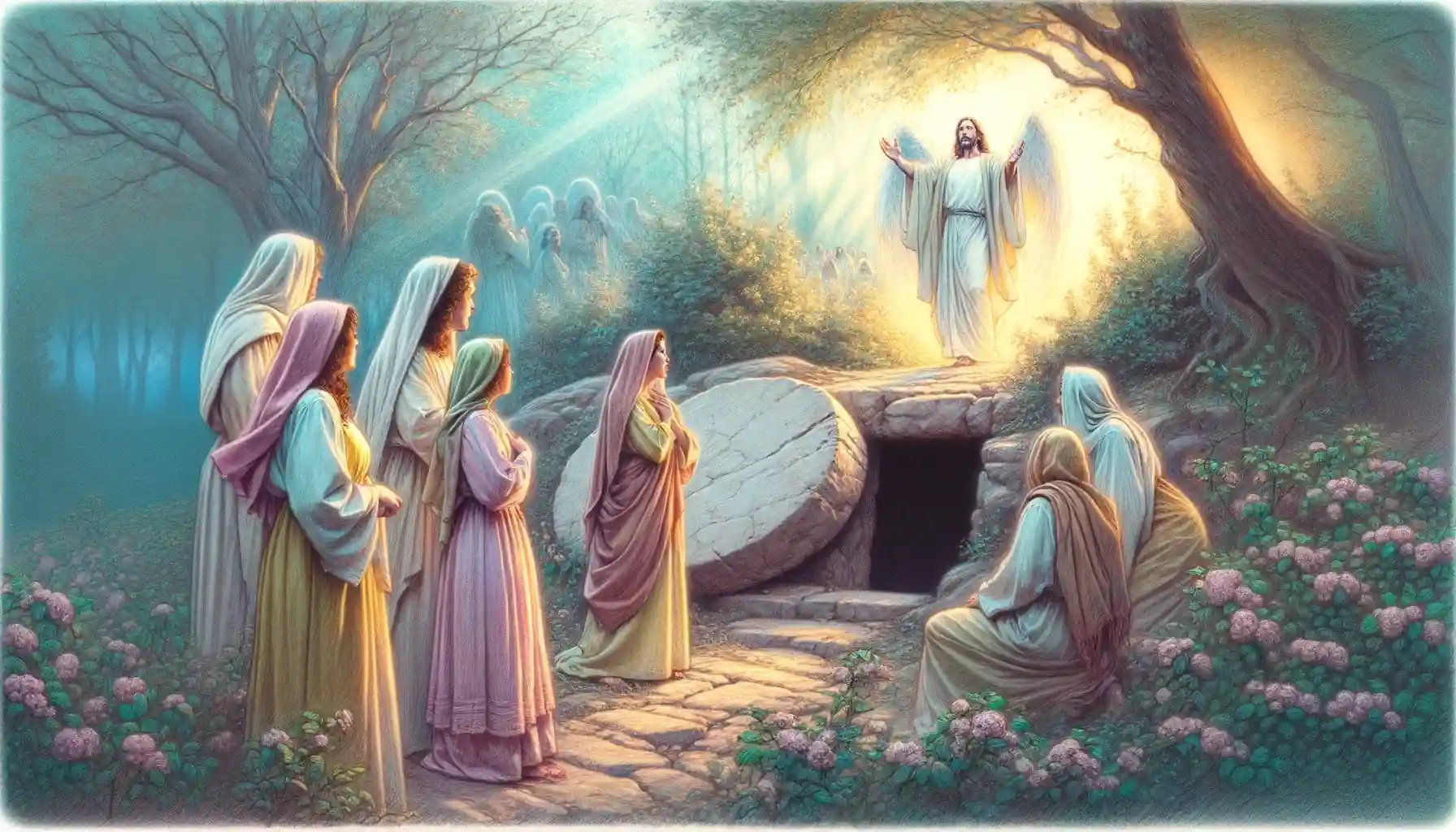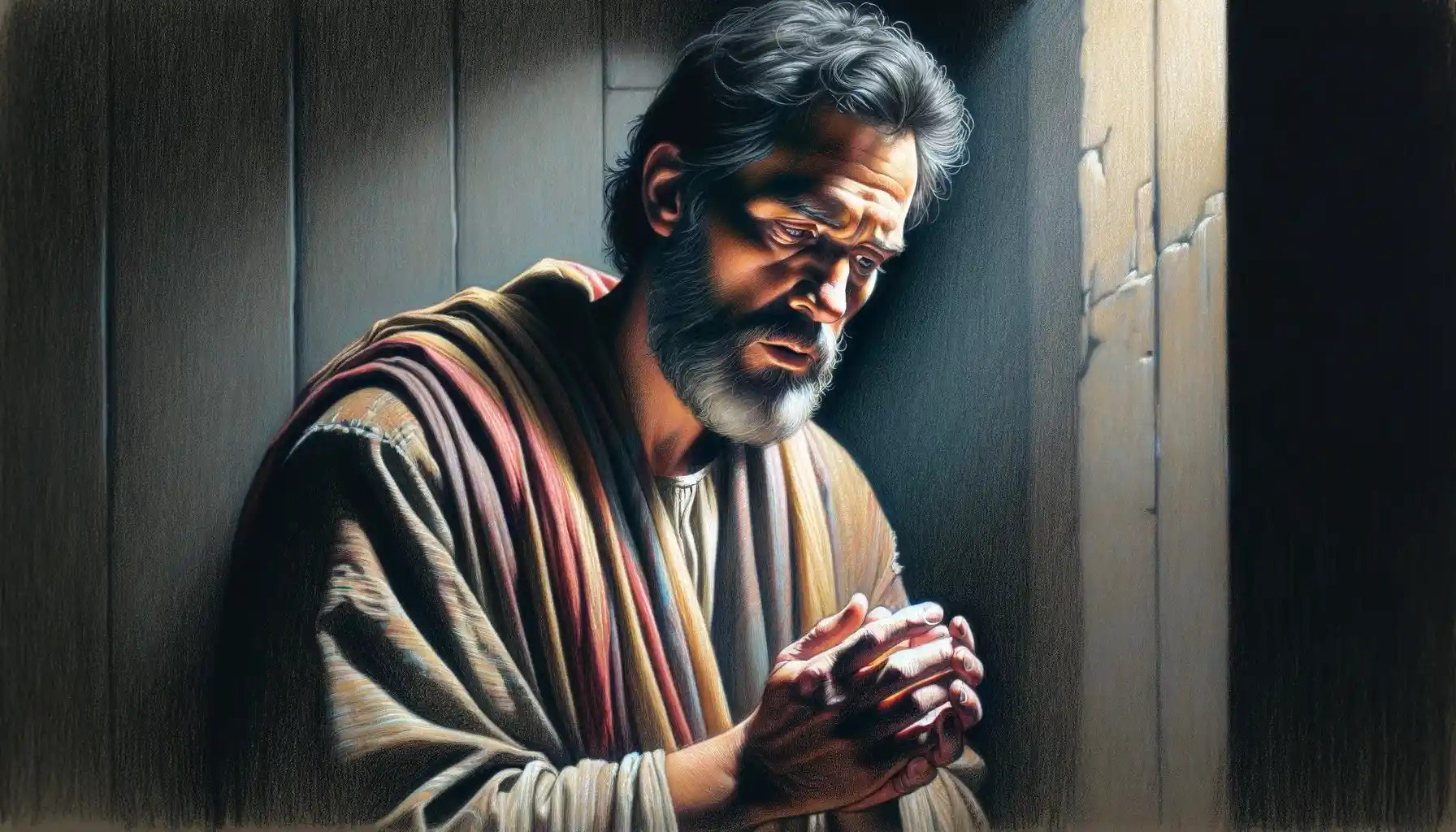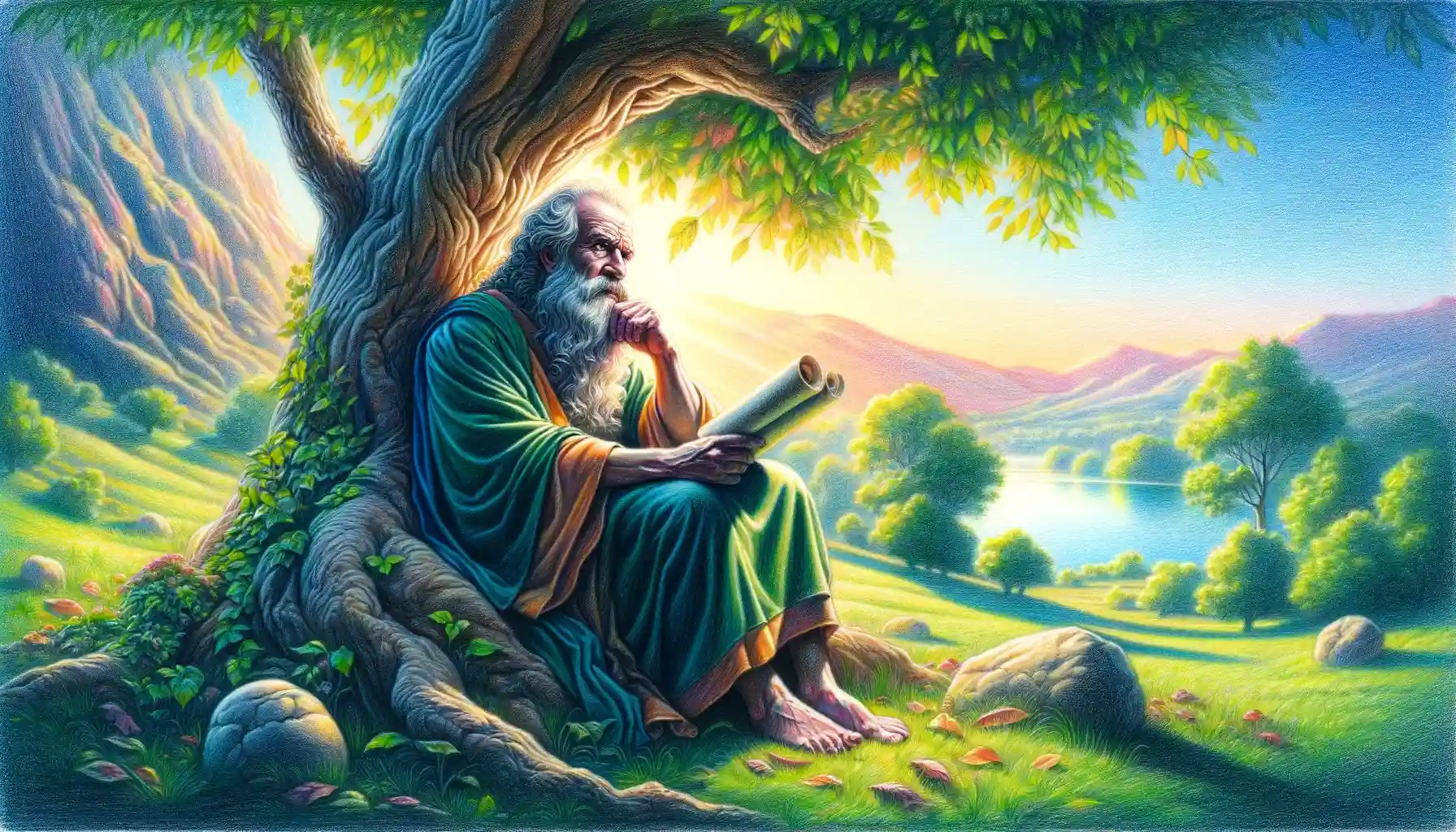In Luke 24:1-12, the Resurrection of Jesus is revealed when several women, visiting His tomb to anoint His body, find the stone rolled away and the tomb empty, an event confirmed by angels who remind them of Jesus’ prophecy about His death and resurrection, leading to a transformative discovery that initially meets skepticism from the disciples, except Peter, who investigates and marvels at the fulfillment of Jesus’ words.
Thomas the Apostle, also known as Didymus, is renowned for his initial skepticism about Jesus’ resurrection, famously declaring he would not believe until he could see and touch Jesus’ wounds himself, a moment that epitomizes his rational character; this skepticism was transformed into profound faith when Jesus appeared and invited him to verify His wounds, leading Thomas to exclaim, “My Lord and my God!”—one of the clearest proclamations of Christ’s divinity in the New Testament. Post-resurrection, Thomas is believed to have traveled to India, where he established one of the oldest Christian communities and was eventually martyred, his legacy enduring as a symbol of faith that develops from personal encounter and sacrifice, commemorated as the patron saint of architects and the blind, with his feast days celebrated in both the Western and Eastern Churches.
Ecclesiastes provides a philosophical exploration that complements the more straightforward moral teachings found elsewhere in biblical texts, offering a meditative approach to understanding life’s deeper meanings.



